Counter Terrorism Policing (CTP) has confirmed that over one-fifth of its current casework now involves countering state-sponsored activity rather than terrorism, reflecting what senior officers describe as a sharp escalation in foreign interference across the UK.
The unit has developed dedicated state threats teams since the 2018 Salisbury poisonings, building capacity to investigate espionage, cyberattacks, and state-backed criminal activity.
These operations target what CTP calls “transnational repression”, activities that fall short of open conflict but are designed to harm the UK’s national interests.
State threats include espionage, cyber intrusions, propaganda, political manipulation, and the recruitment of criminal proxies. CTP’s remit now extends well beyond counter-terrorism, integrating counter-espionage and counter-intelligence methods to detect, deter, and disrupt hostile state operations in cooperation with the intelligence agencies and local police forces.
Assistant Commissioner Laurence Taylor, head of CTP, said there has been “a fivefold increase in the number of investigations that we are managing”, identifying “the big three, Iran, Russia and China” as the most active state actors. These nations, he said, are “more capable, and the methods they deploy are often quite different.”
Those methods increasingly involve criminal networks, such as the Russian-backed arson plot in London that led to a 29-year sentence earlier this year. Taylor said such cases highlight how foreign states “use criminal proxies to deliver attacks and sow disruption.”
He also warned of a growing online dimension, with “significant increases in mis and disinformation” aimed at destabilising society and amplifying extremist narratives. “That mis and disinformation is creating a more destabilised environment where some of our more extremist views are then getting more traction and creating more risk,” he said.
Taylor described an evolving threat picture in which traditional espionage overlaps with digital manipulation and domestic extremism. “That state threat expands from everything to physical threats on the ground, to espionage and our real sort of traditional spying by other states,” he said.
Since 2021, referrals to the Counter Terrorism Internet Referral Unit have risen by 150 percent and could reach 40,000 annually by 2029, reflecting the surge in disinformation and online radicalisation.
Taylor attributed much of this to automated activity, noting “a 48 percent increase after the attacks on 7 October,” much of it “very clearly being driven by robotics rather than individuals posting online.”


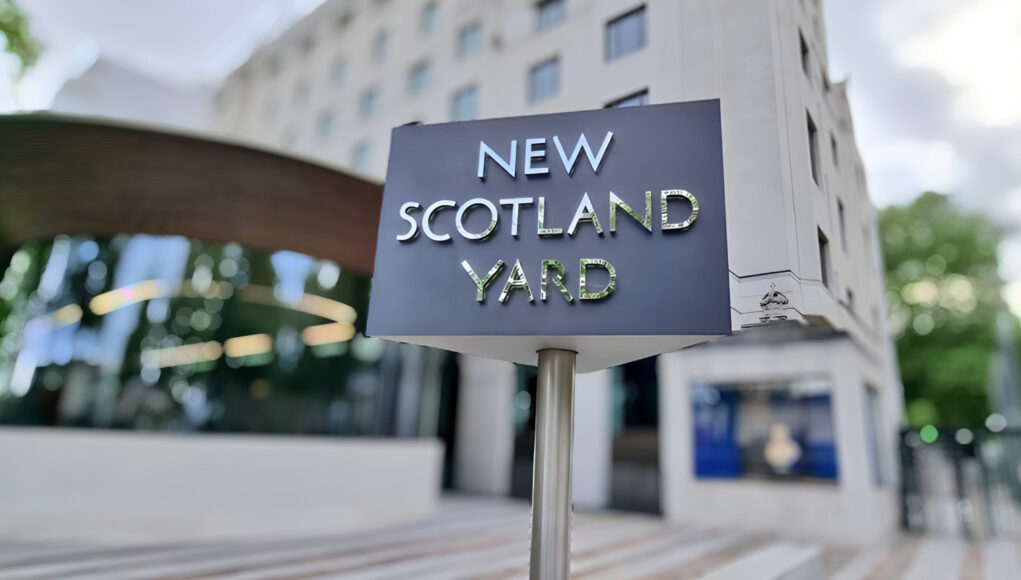

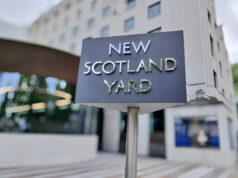


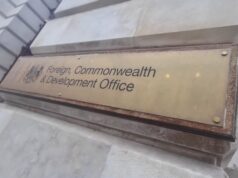

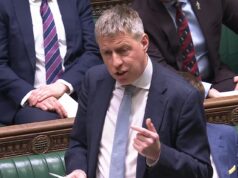

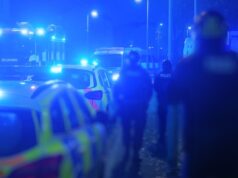


“Believe nothing you hear and half what you see”.
Maybe this should now be changed to:-
Believe nothing you hear and nothing you see either.